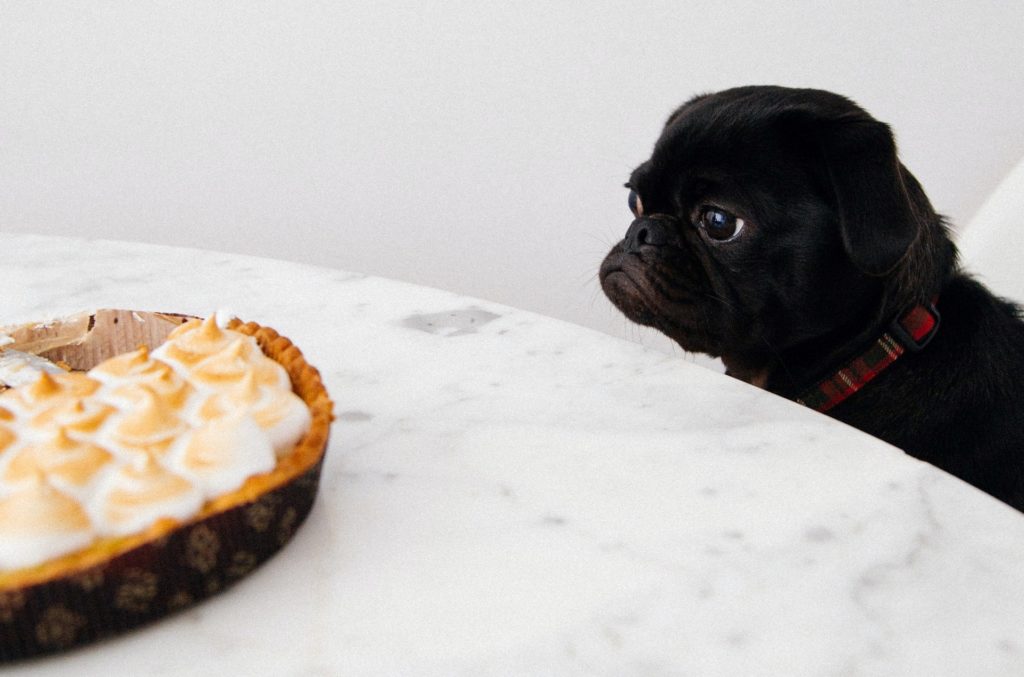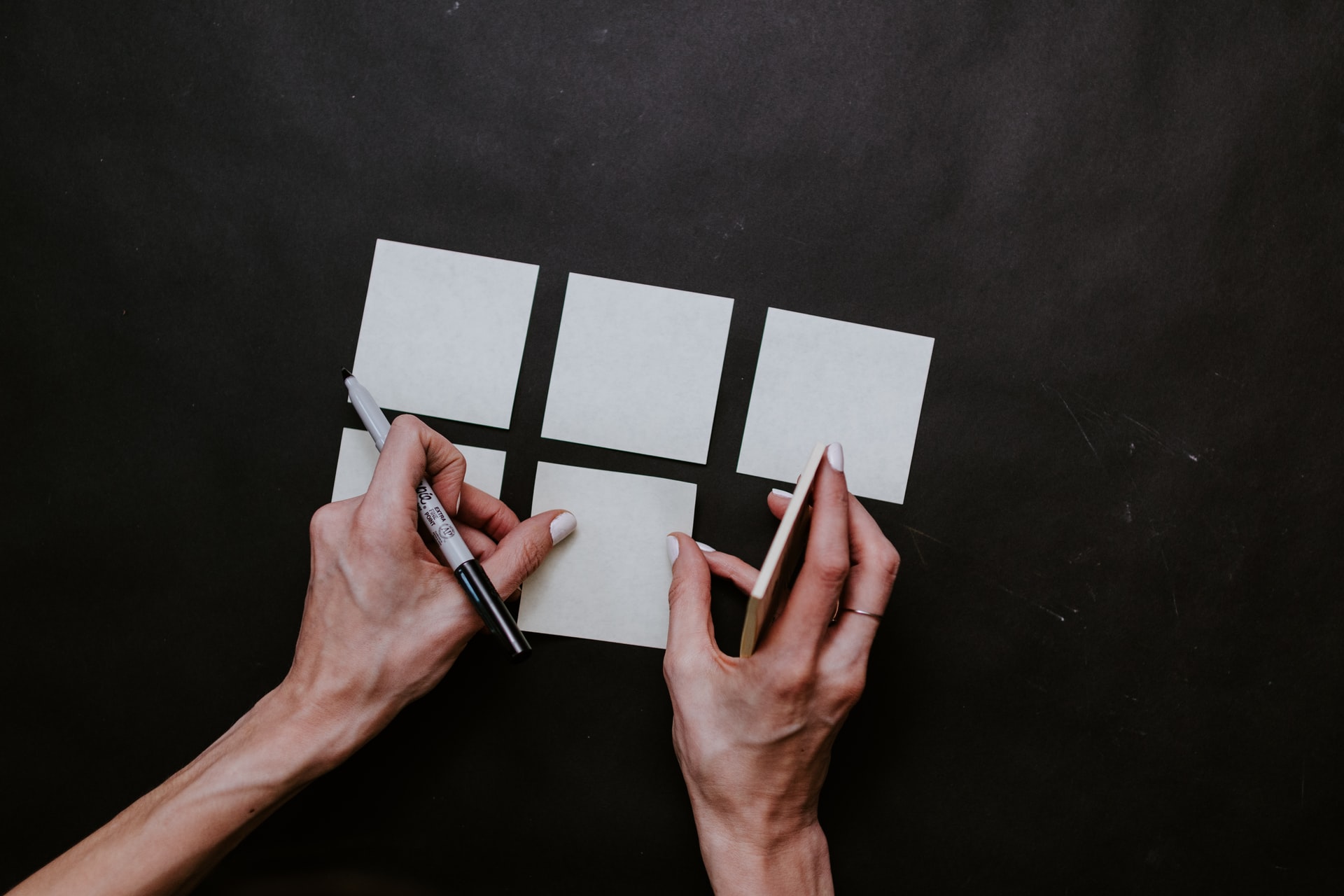Sure, we can tell you what the Weighless Program is all about. But perhaps you’d rather hear from those who are actually in the program? Here are just a few of the emails and posts that come in from our members over the last few months:
“As a physician who has always struggled with my own weight, I’ve tried many approaches over the years, and the Weighless program has been the most successful and has simply made the most sense, based on the way the body and the mind work. Monica and Brock give us actionable steps, one at a time, that help us feel better about living better. This led to changes in my behaviors that I now want to continue, rather than looking forward to the end of self-deprivation. I couldn’t be happier with my own progress this year or the road ahead: slow weight loss–the best kind–and feeling good about myself.”
“This has been the best long-term weight & health management program I have have used. It’s educational and comprehensive. Thank you Monica and Brock for all the time, research, and dedication put into the Weighless program!”
“I remember one year ago the pain and despair I felt around food. It was so exhausting to be in conflict constantly between “long-term goals me” and “Instant gratification me”. And now I’m just me! I haven’t felt the “ah, screw it” mentality in about 6 months! I am just so proud and happy. I truly do feel free!”
“Things are going incredibly well for me, I look forward to every Friday’s new content. I’ve lost 8 pounds and it feels like it’s been easy. I’m the lowest weight I’ve been in 6 years! I still have another 10 pounds to go but that seems so achievable right now.
“I really think having knowledgeable, experienced professionals to guide me is making a big difference. It’s one thing to know what I should do–but quite another knowing how to actually do it. I’m really pleased I signed up for this! “
“I just wanted to say how grateful I am for this program. I was hemming and hawing about joining – it was a lot of money to put forward on something unknown but I am SO glad I took the plunge. Five months later I am 15 pounds lighter without any dieting, deprivation, or food anxiety. I feel fantastic. I’m wearing smaller clothes, I have more energy, and I just feel more like the real me.
“When I think about my weight watcher years – the guilt, the starvation before weigh ins, the food obsession that came with tracking and measuring each ounce, the fear of ‘blowing it’ if I ever strayed – it’s a huge weight off my shoulders as well to drop all of that and just live a healthier life overall. Of course I’ve had to make changes, but they were on my own imperfect terms and at my own pace.
“So I just wanted to throw out a big thank you to Monica, Brock and all of you for your advice, talking me through my rough patches and keeping me focused on the big picture. You are all amazing. Looking forward to continuing this journey together!”
“I absolutely feel like I got everything I needed in the program. I feel great now — I have ditched an impressive collection of diet books. I am done dieting forever and have the healthiest attitude about weight and food that I have had in my entire life. Brock and Monica are so accessible—it’s a very personal program. It’s been a life changing program for me. “
“The Weighless program has been life changing because it has taught me to begin to change in small and significant ways. The alluring fantasy that quicker change is better change has been so destructive for me. I see now that it isn’t even quicker in the end. “
“I’m so very thankful for the Weighless program! I decided to try on a dress that I’ve always considered my “goal” dress and lo and behold it fit!!! My sweet husband said, “Wow, it’s so great to see you lose weight and get fit without dieting!” Life has been been chaotic the last few months, but I discovered the Weighless principles work no matter what is happening, especially as they become a way of life. I’ve learned so much from Monica, Brock and all of the wonderful members of this group!”
“It’s been more than three and a half months since I finished the Weighless year and I wanted to let you know that I’m delighted with how I’m continuing to progress. I’ve actually lost more weight since we finished without really seeming to try (don’t get me wrong, I’m being mindful but it seems like a lot of the lessons from the weightless year are embedded rather than effortful).
“I have never felt so confident in my ability to take care of my own self and my own needs. It’s actually impacting several areas of my life and I am so so grateful. I have lost weight, obviously, maybe dropped 2-3 dress sizes but more important is the perspective, skills and confidence I have gained. For the first time in my whole life I don’t feel like I’m my own worst enemy. I’m proud of myself.
“I will always be grateful for this gift you have given me and am hopeful (I know the tools are there to identify any slippery slopes before they get too out of hand! ) that I can live this way for the rest of my life.”
“Thank you, thank you, thank you for creating this amazing program. There are so many words to describe it – transformative, liberating, amazing, brilliant….I could go on. You have truly changed my life for the better. You have also helped me to model a more positive message for my two young daughters and for that – I am eternally grateful.”
“This past week, I saw people I haven’t seen in a while and a few noticed that I’ve lost weight. On the numerous times when I’ve done Weight Watchers, I would lose the first 10 pounds in the first two or three weeks, and no one would EVER notice. I guess there’s a big difference between losing 10 pounds of fat in a healthy way and losing 10 pounds of god-knows-what in an unhealthy way. I haven’t spent the last three months weighing and measuring and depriving and monitoring like crazy. I’ve just spent the last three months living my normal life, with a few tweaks here and there.”
“The thing that amazes me most is how enjoyable this new lifestyle is. I don’t feel deprived, or like I’m having less fun (which is what I expected). If anything I feel more energetic and joyful. I would never have believed it 6 months ago.”
“Instead of making food choices in order to lose weight (Snackwells, anyone?), I’m now making decisions that improve my health. It’s a pro-health and pro-me approach to food and life. And my resulting weight loss feels like a welcome side effect. It doesn’t feel like deprivation, so it doesn’t feel so exhausting and scary. This non-diet Weighless approach has been free from the backlash, setbacks, binge eating and guilt that has plagued me with diets.”“
“So grateful for this program, for Monica and Brock, for all the honesty and empathy from everyone here. Back in July I couldn’t have fathomed weighing less without the suffering and guilt. I have really turned myself around from where I was then. Just today I had lunch with my dad at a place I hadn’t been to since the summer. At that time, I parked in a handicapped space! It pained me to walk and I got out of breath so easily. Today I happily parked in a regular spot, and was reminded of how far I have come. I’m down about 17 lbs, in smaller clothes, and moving so much more comfortably.”
“One of my favorite things about this program is that I do not dread special events. I’m not waiting until all the planets align and there are no special events on the horizon to start a diet. I have navigated weddings, vacations and holidays without obsessing over food choices. I’ve made good choices and poor choices, but overall I feel much more in control of my outcomes. No one indulgence is going to derail me.”
“Yesterday when I got home from being gone for the holidays,I stepped on the scale. I’m the same as when I left 2 weeks ago. A surprise, considering the haphazard schedule and occasional treats. Then it hit me. I’ve shed the yo-yo dieter skin. Last year and every previous year since God created the earth I’ve started some crazy new diet come the new year. Not this year. I’m happy. I’m not where I want to be yet, but I’m on the path that will take me there. Thanks, everyone! Happy New Year!”
See also: In their Own Words: Interviews with some of our clients





